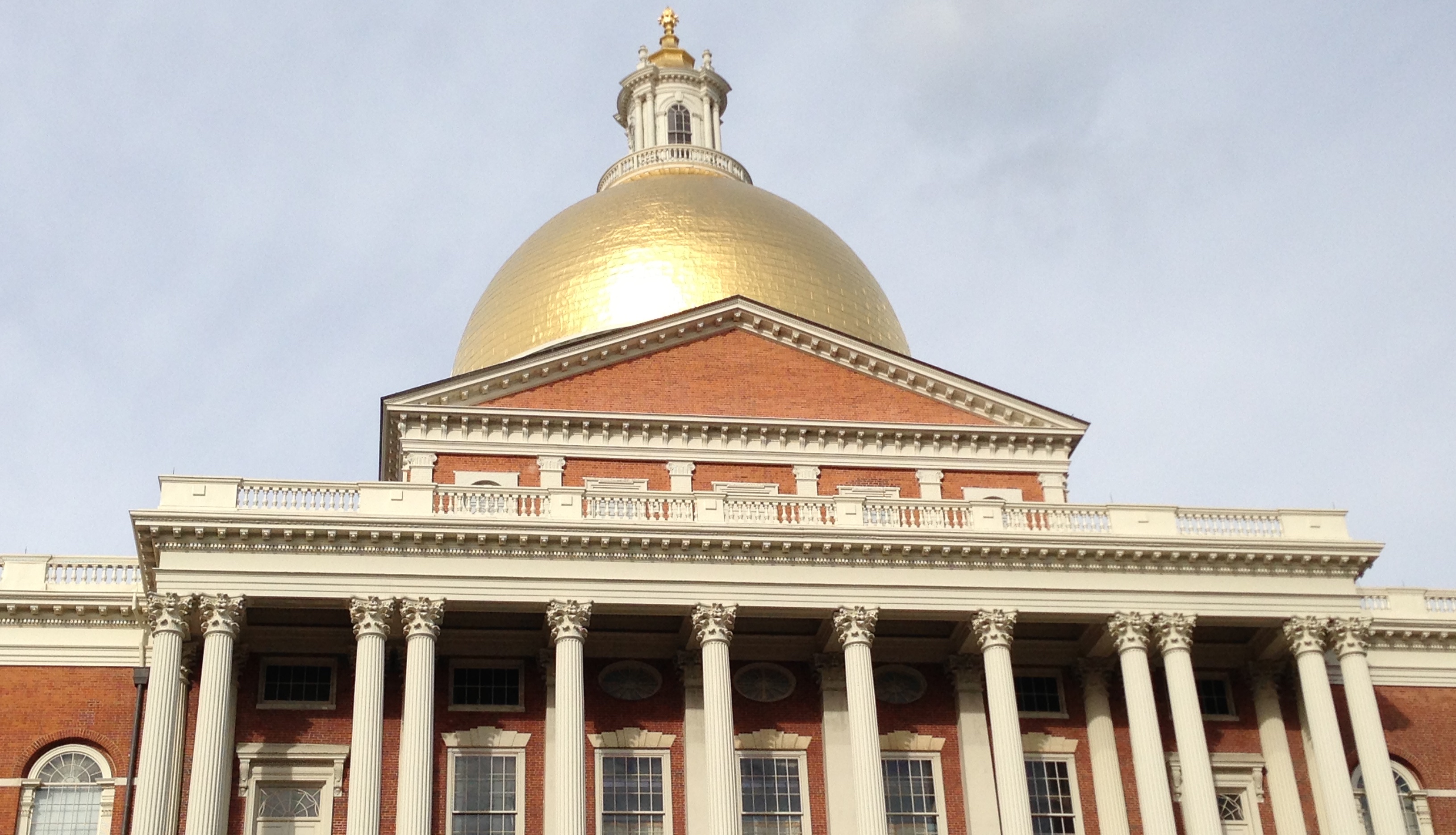For Immediate Release
Senator Mike Barrett, Senate Co-Chair of the Legislature’s Committee on Telecommunications, Utilities and Energy, is asking Governor Charlie Baker to drop his Administration’s push to lift price caps on offshore wind deals.
“The cap protects everyone in Massachusetts who pays a monthly electric bill,” Barrett writes.
A Baker bill that abolishes the cap, among other things, is set to be heard tomorrow by the Committee.
“I strongly support clean energy in general and offshore wind in particular,” Barrett writes. “I take exception, however, to your proposal to abolish the cap. … I think you were right the first time, in 2016, when you supported legislative language imposing just such a cap, and the second time, in 2019, when you suggested lifting the cap for just a single round and reimposing it for later rounds.”
Barrett, a legislative leader on climate issues, is concerned that “ratepayers could be confronted with unnecessarily steep electricity bills, associate them with climate policy, and rebel against both.”
“To respond to global warming,” he says, “we need to go all-electric with respect to both our cars and our heating systems. Which means we need to boost our overall consumption of electricity, in the teeth of the region’s high per-unit costs. It’s a sensitive time to be asking legislators to drop a legal safeguard for their constituents.”
“Thanks to last month’s announcement on third-round contracting,” Barrett adds, “we now know the cap has prevented neither the developers nor our coastal cities from coming out of contract negotiations as winners. Importantly, the cap ensures that families throughout the state win, too.”
As for the job implications, he writes, “Though it’s extremely early in the industry’s build-out in Massachusetts — preparations for the first project, Vineyard Wind I, have only just begun — it’s possible to take a preliminary tally of associated economic development activity,” Barrett writes. “Judging from the positive reactions from all around Massachusetts, including your office, it’s hard to argue that the price cap has stifled job creation.”
Barrett’s letter also lists the wholesale electricity prices set in the Massachusetts deals shaped by the cap and compares them to the prices set in comparable deals struck in New York, Connecticut, and New Jersey, none of which featured price caps.
“The numbers make the Massachusetts approach look very good,” Barrett concludes.
END


